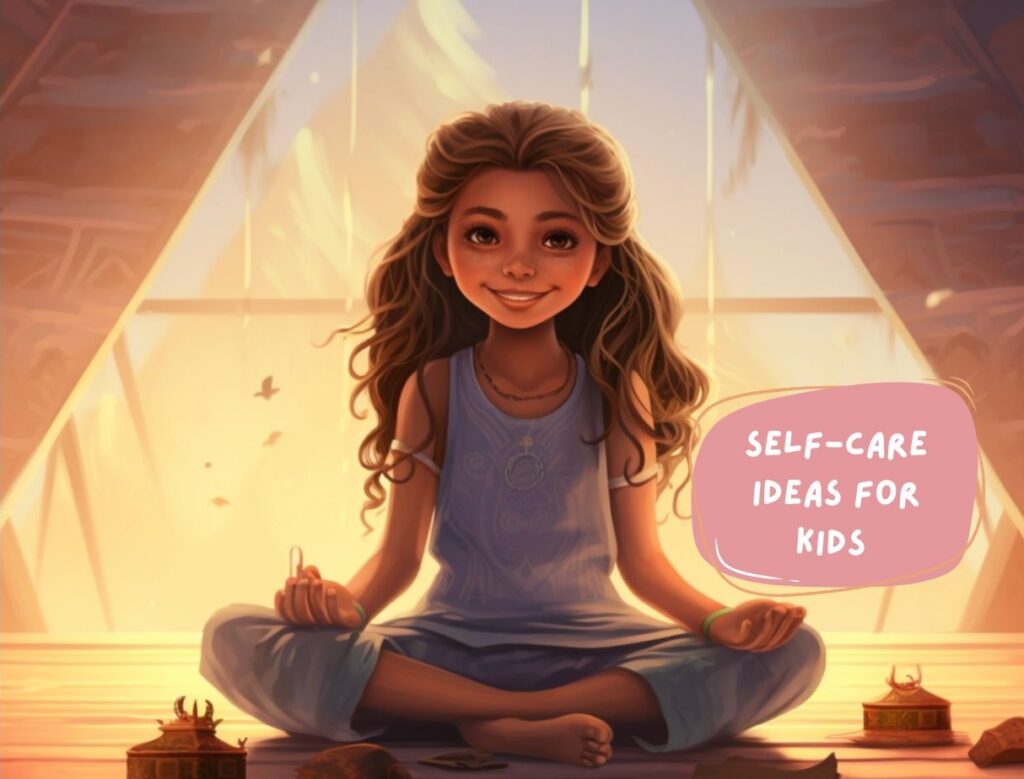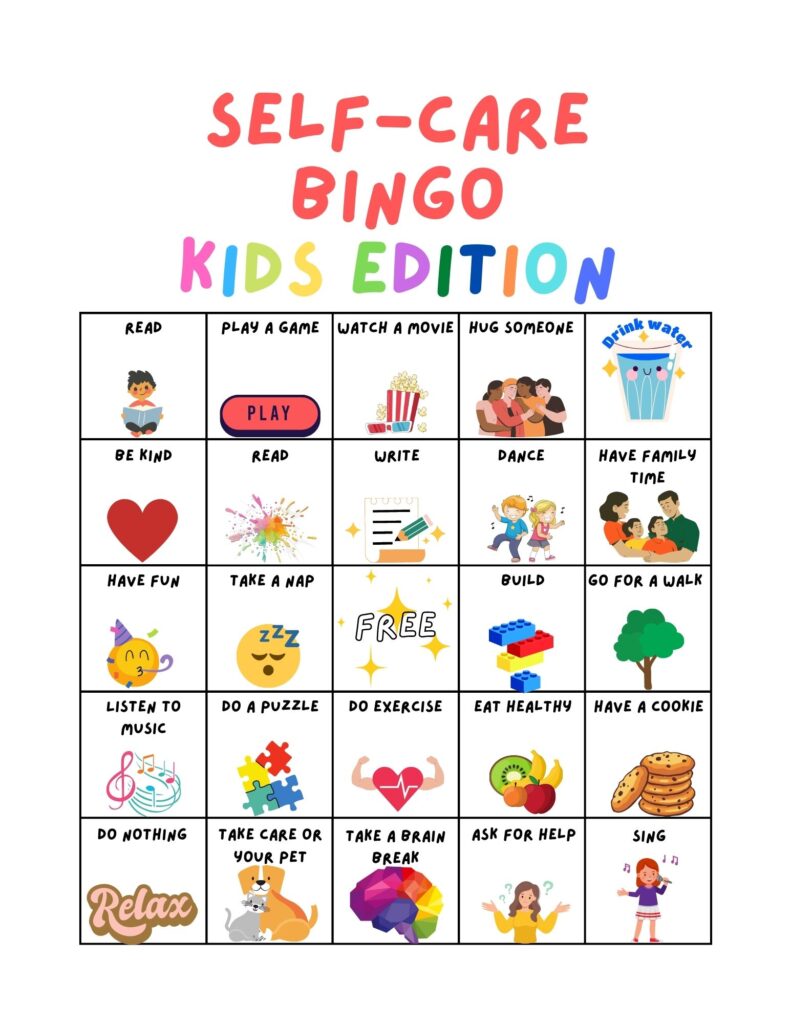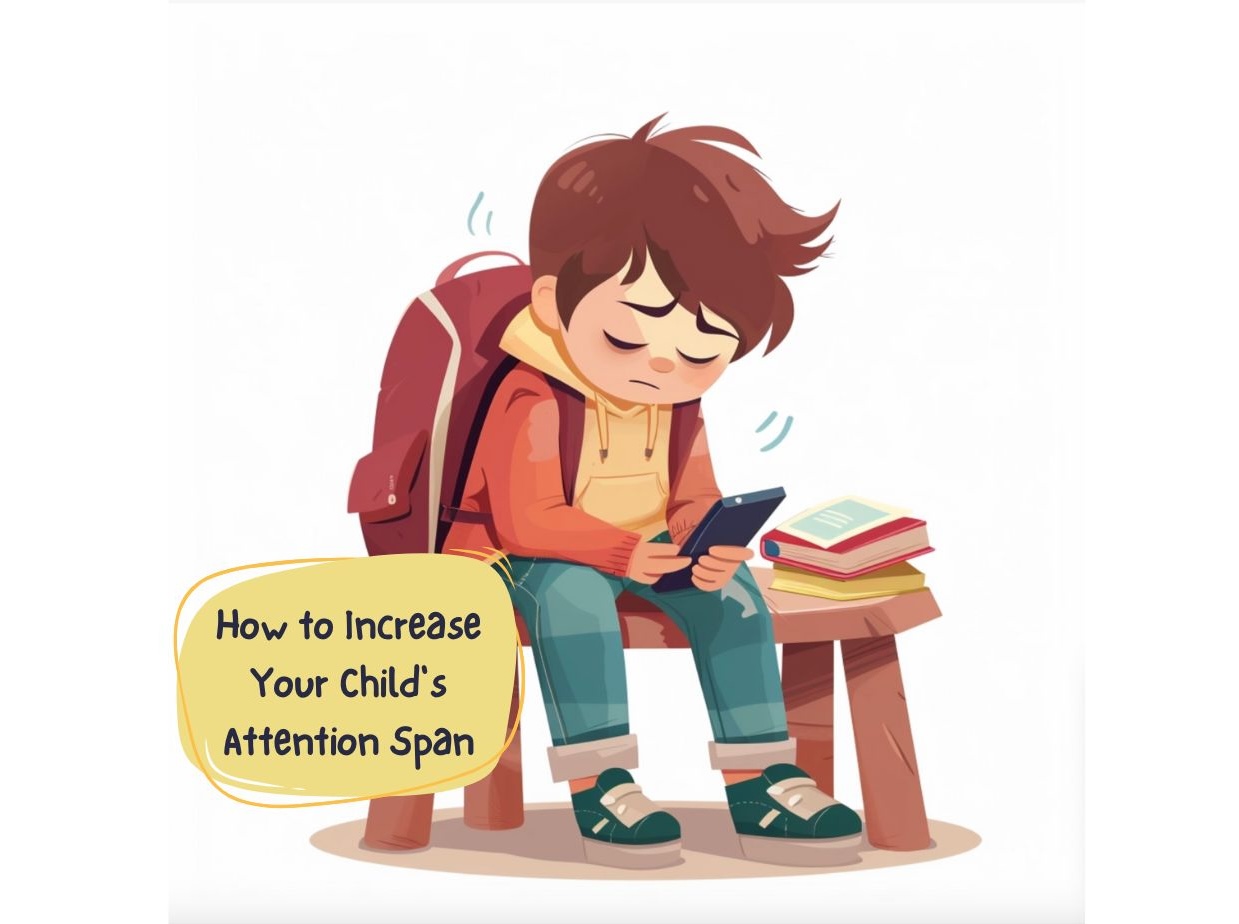Self-care Ideas for Kids (Activities and Worksheets)

No one would doubt the importance of self-care skills for kids. It’s as vital as reading and writing. And even if your parental care can go with your little one everywhere, you should teach him to look after himself as early as possible.
Reasons to Teach Kids Self Care
Self-care isn’t only about practical skills. Certainly, a small kid with boosted skills won’t get confused when being left alone with untied laces. But that’s not all. One can learn practical skills at any age. Self-care skills, in their turn, develop self-esteem and confidence that cannot be learned within a few days.
Numerous types of research have considered the long-term impact of kids` independence. It turned out that children with developed self-care skills are more experienced in daily routine actions. They also report having better mental health indicators.
Research in the School Psychology International journal. Preschoolers with developed self-care skills reported higher levels of empathy and readiness to postpone their own interests for the sake of others. In their early preschool years, these indicators were much lower.
One more study in the European Journal of Educational Studies focuses on kids` opinions about self-care skills. The researchers asked boys and girls about the skills they have. No wonder, those kids who attended kindergartens possessed more developed motor skills.
This fact is connected with the necessity to fasten and unfasten zippers, tighten or loosen the laces, etc. Thus, early self-care education leads to more independence in adult life as well as mindfulness and confidence.
The most important acts of self-care for kids concern such areas as:
- Dressing;
- Body hygiene;
- Safety;
- Healthy nutrition habits;
- Emotional regulation;
- Physical health.
Activities to Teach Self-Help to Toddlers
Buy a Busy Board
A busy board is an important object in the Montessori environment. In short, it’s a board with attached safe objects that resembles the tools we use every day:
- zippers;
- keys;
- buttons;
- mini-games that develop motor skills, etc.
Kids like it because it grasps their interest for long hours. By the way, a busy board can calm down your child after temper tantrums and help manage his emotions.
A buy board is a safe way to teach kids about safety as well. It’s got all these adult things to play with.
Play with Kids Working Tools
Toddlers adore looking up to adults. If they see how you walk with a baby stroller, they probably will want to do it as well. They are also curious about washing up, dusting and vacuuming. Children at this age still cannot be of big help, but it’s time to teach them the first self-care skills concerning daily routine.
Involve Kids in the Self-Care Activities
If you have time to keep an eye on your little one, let him,
- try to fasten a zipper of his jacket;
- clean his shoes (whatever the cleaning “quality” a child can provide);
- help with cooking (salt a dish, set cups on the table, etc.);
- put on socks, gloves, and a hat ( the most simple tasks);
- wash his hands himself (your task is to wash them properly after your kid “is done”).
Such simple activities teach kids responsibility.
Parents often discourage children from it by making everything themselves (because “we have no time to experiment”, “I’m late”, or “he’s just a kid, he cannot handle it. It`s a waste of time”).
The essence of these activities is to make kids aware of self-care. Children pay genuine attention to the “adult’s affairs”. If you don`t let them take part in it, they may get frustrated and lose interest in it. Never let it happen!
Read Stories and Watch Movies about Self Care
A child needs a little bit of theory on self-care for kids. Thankfully, there are dozens of books and cartoons that teach toddlers to take care of themselves. Look through such stuff and let kids watch it or read them a story out loud. As soon as your little one falls in love with a main character, he`ll start to look up to him. And that’s good. A kid will learn new habits about self-care.
Fun Self-Care Activities for Kids aged 3-5
Older kids can learn the basics of health maintenance and perform more complicated tasks requiring more developed motor skills and physical strength. At this age, you should make sure your kids can dress themselves, tie shoelaces, make the bed, and perform other routine tasks. If they have difficulties with one of them, be patient and help them learn the new habit. Besides, there are plenty of other useful activities for preschoolers on self-care.
Self-Care Worksheets
It`s a universal way to learn new self-care skills, especially those about the health and security. A kid may practice basic rules by fulfilling the tasks on worksheets. It may also provide an option to reveal one’s creativity and paint something or write down one’s own thoughts.
Worksheets can help your little one to stop being afraid of social bonding, get rid of negative self-talk, and gain confidence. They usually contain useful infographics, tables, and illustrations that introduce a new topic to a kid in a clear way. You can use them at any age. Moreover, it develops creativity and encourages children to analyze the given situation and find a solution to it.
Free Printable Self-Care Bingo PDF
 Screen-Free Day
Screen-Free Day
You should tell kids that gadgets can exhaust us. So we need a day to rest. Kids won’t be amazed by this information, but you have to teach them to find other funny activities. Have a day in a week when all the family spends time outdoors or go in for some hobby.
Yoga Time
It`s a nice way to teach kids the basics of mental health – the ability to control our emotions and manage them.
Self-Care Tasks Ideas for Elementary School Students
Art Classes
Art is one more way of learning a relaxing technique. It can shift our attention and reduce negative emotions. Art is especially useful for kids who don’t like yoga. It teaches us to take care of our minds but does not require sitting still for a long time. The activity helps to cope with anxiety and stress.
Coloring pages will do for a quick fix for stress relief.
Physical Activity
Kids need to move. It both stimulates their healthy growth and cultivate discipline in them. Find the sports activity your little one wants to try. Encourage him not to give up sport but try another one if he wants to quit.
Cooking
Self-care activities for kids cannot do without healthy eating habits. For this, you should teach a kid from infancy to consume mostly “good” products and avoid junky ones. Involve your little one in cooking, letting him choose the recipe and help the parent with cooking.
Find simple healthy recipes and encourage your little one to prepare the meal himself (under your control). Praise his efforts and make it his duty to prepare healthy food from time to time. A kid should see your excitement and fascination to be inspired to keep on cooking healthy dishes.
Conclusion
Mindful parenting aims at teaching kids responsibility for themselves. Thus, a parent shouldn’t do everything for their little ones but teach them how to cope with it themselves. Kids with developed self-care skills are more confident. They feel secure and don`t need others’ help, which makes them masters of their lives.
More articles

Nurturing Perseverance in Children: A Guide for Parents and Educators
Perseverance is a vital trait that helps children face challenges, overcome obstacles, and achieve their goals. Teaching kids about perseverance can set them up for success in many areas of life. In this blog post, we’ll explore the meaning of perseverance, provide a simple definition, share inspiring quotes, and offer practical tips for fostering perseverance […]

My picks of the best children’s books 2024
Finding the perfect book for your child can be a delightful yet challenging task. With an abundance of children’s literature available, how do you choose the best ones that will captivate and educate your little one? In this article, I have curated a list of the top kids books recommendations for 2024, ensuring that your […]

How to Increase Your Child’s Attention Span
In the whirlwind of modern life, where distractions abound, and attention is a prized commodity, parents often grapple with concerns about their child’s ability to focus and sustain attention. In a world filled with screens, notifications, and endless stimuli, cultivating a robust attention span in children has become more challenging. However, by understanding the factors […]


